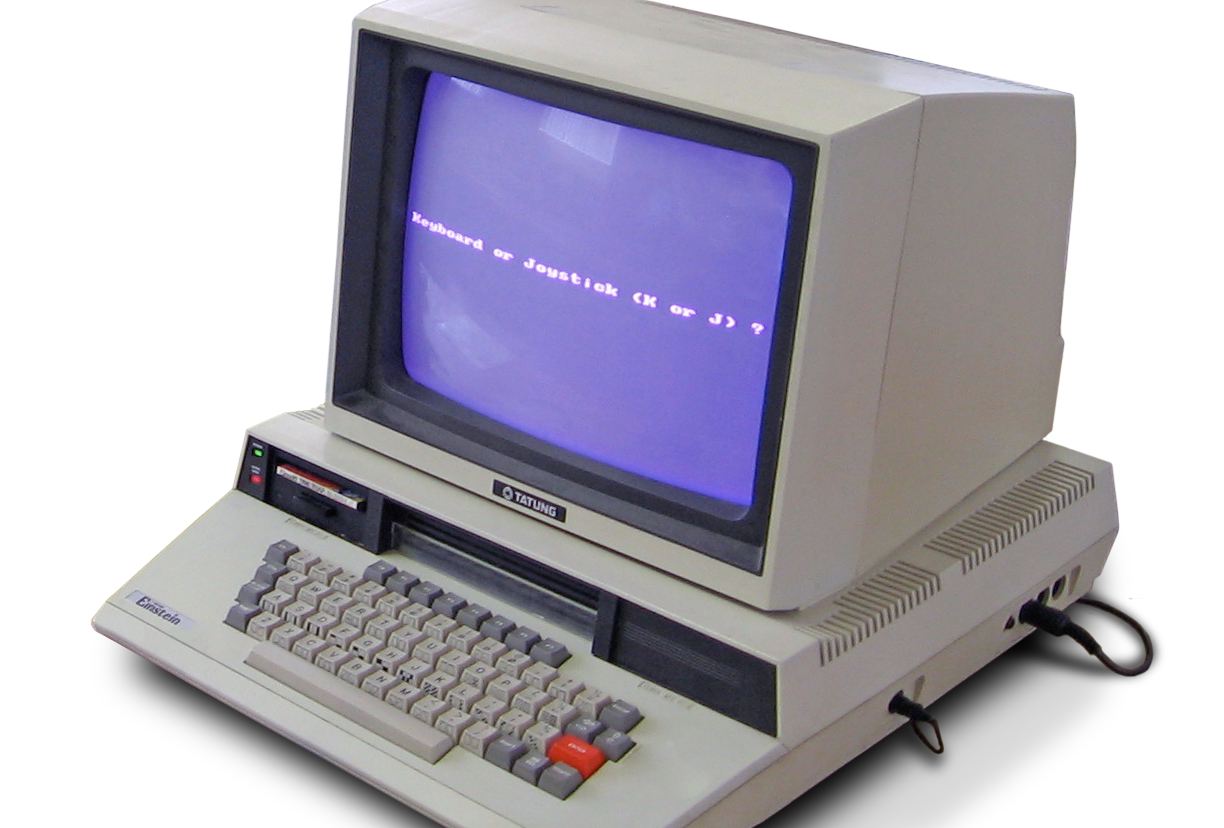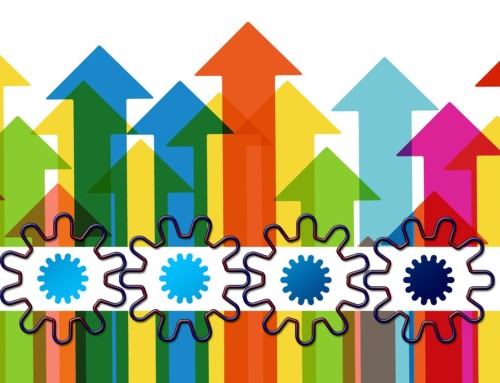At a family function, a close relative once introduced me to a friend of his and said, “Spence works on computers, so if you have any computer issues he’s the one to talk to.”
It hit me then that this person who knew me well, didn’t really have any idea what I did for a living. When he said, “He works on computers,” he meant that I literally fix broken computers for a living. This also explained the unusual number of requests I received for helping family members solve computer problems (close/open the program, reboot the computer, no I can’t help you remember your password).
It also reminded me how often people will hear that I’m a psychologist and say, “Are you analyzing me?” or worse, “I have this boyfriend who gets very angry…” I half-smile and say, “I’m not that kind of psychologist,” and they generally look a bit confused and let it go.
If I don’t feel like I’m imposing, I’ll go on to tell the person that I’m an industrial psychologist and I own a company that helps organizations make better hiring decisions. From that they will say, “So, you’re a recruiter?” I say, “Recruiting is small part of what we do, but our real purpose is to help organizations design, validate, and implement hiring systems that may include online assessments, multiple-choice testing, interviews, and hands-on assessments.”
At that point the topic usually turns to the weather or local happenings, but occasionally folks will be intrigued because they’ve never heard of industrial and organizational psychology, or because they have just experienced the devastating effects of a poor hire, or because they are more curious than most. To me, this is where the conversation gets interesting because I can talk about my true reason for doing what I do…
I like to help people make better decisions.
I like to understand . . .
– Why was a specific decision made?
– What variables went into the equation (there’s always an equation)?
– Which factors are known (conscious, System II) versus unknown (unconscious, System I) to the decision maker?
– Can the decision making process be mathematically modeled (e.g., is it a repeated decision such as the decision to hire/not-hire a salesperson)?
– How will the results of the decision be evaluated (i.e., criteria)?
– How can we improve the process to help future decision makers?
– How can we make those improvements user-friendly/“sticky” so they don’t get lost in the archives of unimplemented good ideas?
Wanting to help people make better decisions isn’t an altruistic goal to try to make the world a better place. I’d like to see all homeless people safe and sheltered, but I don’t go far out of my way to make it happen. I’d like all people to be able to see well, but I don’t work as an optometrist.
In other words, I think I would be interested in how people make decisions and how to improve that process even if it didn’t have practical value. Fortunately for me, it does have value. I am intensely curious about why people seem to be hard-wired to make some decisions amazingly well, while systematically making mistakes on seemingly easier decisions (aka, why do smart people do such stupid things!?).
Over a hundred cognitive biases have been shown to have systematic effects on people’s decision making, and many of these affect the judgment of experts when making life changing decisions. A related line of inquiry demonstrates that utilizing mathematical models (i.e., algorithms) to combine variables into an overall score consistently improves upon the decision making of experts.
This has been shown across a wide variety of domains including medical diagnosis, weather forecasting, yield forecasting in agriculture, and predicting the future performance of people who are put into specific jobs. As an organization, SDS tends to focus on the last example, predicting or improving job performance. As a person, I’m interested in everything related to the science and practice of better decision making.
Unfortunately, I really can’t help you with your computer problems.








Leave A Comment